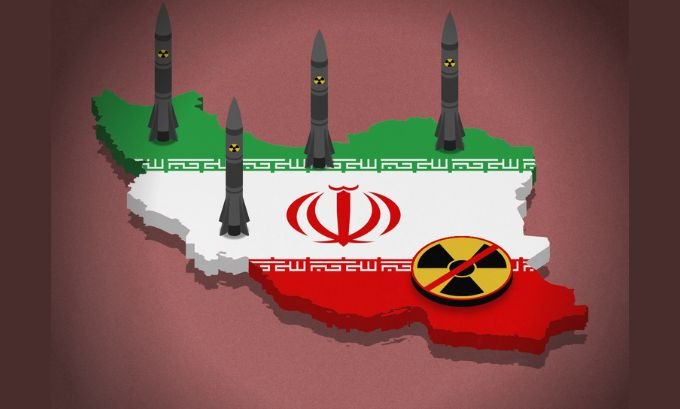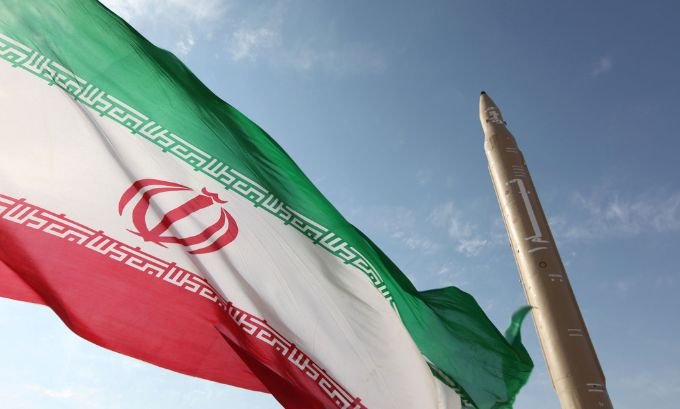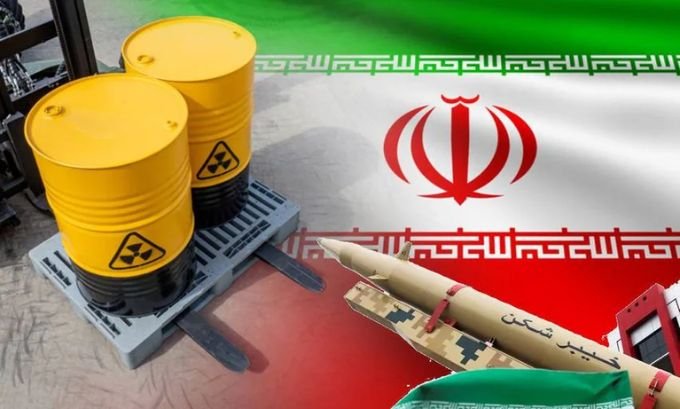The Iran Nuclear Deal, formally known as the Joint Comprehensive Plan of Action (JCPOA), has been a centerpiece of international diplomacy and debate since it was signed in 2015. This landmark agreement brought together Iran and some of the world’s most powerful nations—the P5+1 (the United States, United Kingdom, France, Russia, China, and Germany) plus the European Union—to address a critical global security challenge.
At its core, the JCPOA was designed to prevent Iran from developing nuclear weapons. In exchange for strict limitations on its nuclear program and rigorous international oversight, the deal offered Iran relief from crippling economic sanctions. The agreement was hailed as a diplomatic triumph, but its journey has been turbulent, marked by withdrawals, disputes, and ongoing negotiations.
This article will explore the main objectives of the Iran Nuclear Deal, explain its importance for global security and regional stability, and examine the challenges it has faced. Understanding the JCPOA is essential to grasping the complexities of international relations, nuclear non-proliferation, and the delicate balance of power in the Middle East.
What Were the Iran Deal’s Main Goals?
The JCPOA was built on a foundation of specific, verifiable objectives aimed at dismantling Iran’s potential pathway to a nuclear bomb. The agreement was meticulously crafted to ensure that even if Iran decided to pursue a weapon, it would take at least a year—the “breakout time”—giving the international community ample time to detect and respond.
The key objectives included:
- Preventing Nuclear Weapons Development: The primary goal was to ensure Iran’s nuclear program remained exclusively peaceful. Iran agreed not to “seek, develop, or acquire” nuclear weapons, a commitment enshrined in the deal.
- Reducing Enriched Uranium Stockpiles: The deal required Iran to drastically reduce its stockpile of enriched uranium. It shipped about 98% of its low-enriched uranium out of the country, leaving it with a small amount for research purposes only.
- Limiting Uranium Enrichment: Iran’s ability to enrich uranium, a process that can produce fuel for both reactors and bombs, was severely restricted. The JCPOA capped enrichment levels at 3.67%, far below the 90% needed for a weapon. The number and type of centrifuges it could operate were also limited.
- Allowing Strict International Inspections: To verify compliance, Iran agreed to the most intensive monitoring regime ever negotiated. The International Atomic Energy Agency (IAEA) was granted regular access to all declared nuclear sites and a mechanism to inspect undeclared sites if suspicious activity was detected.

Why the Deal Is So Important
The significance of the JCPOA extends far beyond the technical details of centrifuges and uranium stockpiles. Its impact is felt across global security, regional politics, and international economics.
Bolstering Global Security
The most critical function of the deal is its role in preventing nuclear proliferation. A nuclear-armed Iran would dramatically alter the security landscape of the Middle East, a region already fraught with conflict. The JCPOA effectively put a lid on this threat, reducing the risk of a regional nuclear arms race. Without the deal’s constraints, rivals like Saudi Arabia might feel compelled to develop their own nuclear capabilities, creating a domino effect that would destabilize the entire world.
Promoting Regional Stability
By bringing Iran to the negotiating table, the JCPOA provided a rare platform for diplomatic engagement between Tehran and Western powers. This dialogue helped de-escalate tensions and offered a framework for resolving disputes peacefully rather than through military confrontation. For a region grappling with proxy wars and deep-seated rivalries, the deal represented a step toward a more stable and predictable order.
Creating Economic Opportunities
For Iran, the lifting of economic sanctions was a lifeline. The sanctions had isolated the country from the global financial system, crippled its oil exports, and caused severe hardship for its people. The JCPOA allowed Iran to re-enter global markets, boosting its economy and providing opportunities for international trade and investment. For the rest of the world, this meant a more stable supply of oil and access to a large, untapped market.
Demonstrating Diplomatic Success
The JCPOA stands as a powerful example of what multilateral diplomacy can achieve. It proved that even the most complex and contentious international disputes can be resolved through negotiation and compromise. The agreement was the result of years of patient, determined diplomacy, building a degree of trust between Iran and the West that had been absent for decades. It remains a model for tackling other global challenges, from climate change to arms control.
Challenges and Criticisms
Despite its successes, the JCPOA has faced significant challenges and criticism from its inception.
One of the biggest blows came in 2018 when the United States, under President Donald Trump, unilaterally withdrew from the agreement. The Trump administration argued the deal was flawed because it didn’t address Iran’s ballistic missile program or its regional activities and that its provisions would eventually expire. Following the withdrawal, the U.S. re-imposed strict sanctions, aiming to apply “maximum pressure” on Tehran.
In response to the U.S. withdrawal and the failure of other signatories to fully offset the impact of American sanctions, Iran began to gradually breach its commitments under the deal. It increased its uranium enrichment levels and stockpiles, reduced its cooperation with IAEA inspectors, and shortened its “breakout time.”
These actions have fueled ongoing disputes over compliance, sanctions, and the scope of international inspections, leaving the future of the agreement in a precarious state.

The Future of the Iran Nuclear Deal
The fate of the JCPOA remains uncertain. Since 2021, there have been several rounds of talks aimed at reviving the deal, which would require the U.S. to rejoin and lift sanctions in exchange for Iran returning to full compliance. These negotiations have been complex, stalling multiple times due to disagreements between Washington and Tehran.
The outcome of these talks will have profound implications for U.S.–Iran relations, peace in the Middle East, and global energy markets. A restored deal could de-escalate tensions and bring stability, while a permanent collapse could increase the risk of conflict and nuclear proliferation.
The Enduring Value of Diplomacy
The Iran Nuclear Deal, for all its flaws and setbacks, represents a crucial effort to address one of the most pressing security challenges of our time through peaceful means. It is a testament to the power of international cooperation and a reminder that diplomacy, while often difficult, is essential for preventing conflict and ensuring global security.
The journey of the JCPOA underscores the fragility of international agreements but also their indispensable role in managing a complex world. As nations continue to grapple with its future, the core principles of the deal—verifiable limits on nuclear programs in exchange for economic integration—remain a vital framework for non-proliferation efforts worldwide.
Frequently Asked Questions (FAQ)
What is the P5+1?
The P5+1 is a group of six world powers that negotiated the nuclear deal with Iran. The “P5” refers to the five permanent members of the United Nations Security Council: the United States, the United Kingdom, France, Russia, and China. The “+1” is Germany.
Did the Iran Nuclear Deal expire?
No, but some of its provisions, known as “sunset clauses,” were designed to expire over time. For example, restrictions on Iran’s centrifuges and enrichment levels were set to phase out after 10 to 15 years. However, the deal’s core commitment—that Iran will not develop nuclear weapons—is permanent, as is its obligation to allow enhanced IAEA inspections.
Is the Iran Nuclear Deal still in effect?
The deal is in a state of limbo. While it has not been officially terminated by all parties, the U.S. withdrawal in 2018 and Iran’s subsequent breaches of its commitments have left the agreement severely weakened. Efforts to fully restore the deal are ongoing but have yet to succeed.
Why is the IAEA important for the deal?
The International Atomic Energy Agency (IAEA) is the world’s nuclear watchdog. Its role in the JCPOA is to independently verify that Iran is complying with its nuclear-related commitments. Through regular inspections and monitoring, the IAEA provides the international community with credible assurances that Iran’s nuclear program remains peaceful.


